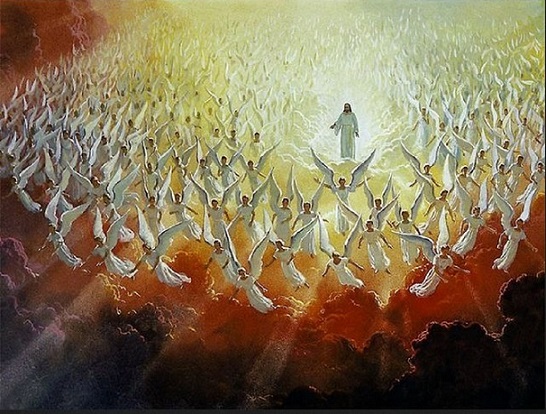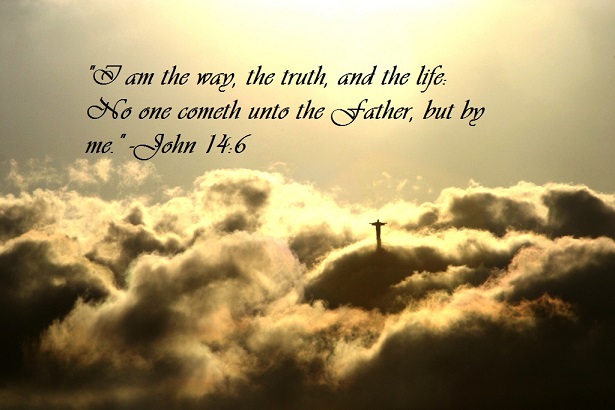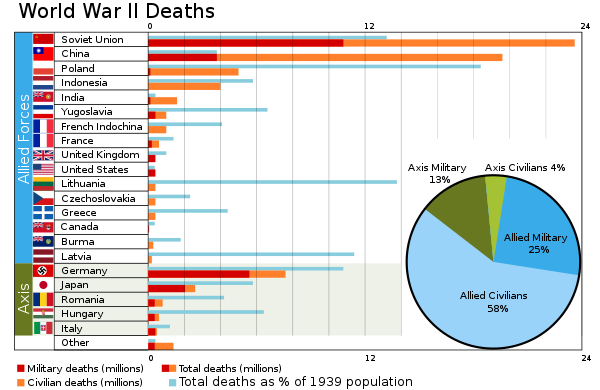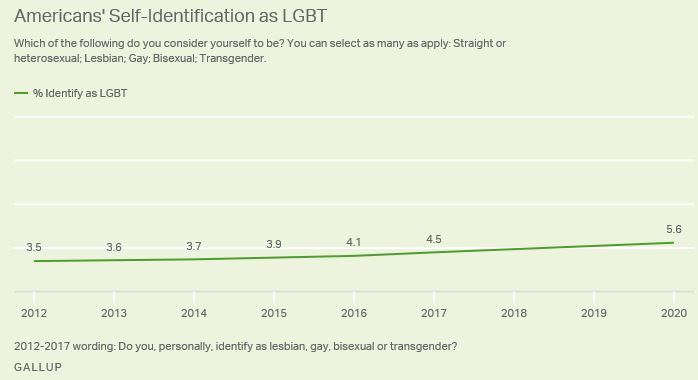Thanksgiving is one of the most beloved holidays in America.
But in the hands of “progressives,” public schools and the Hate America Media (HAM), Thanksgiving has long become yet another occasion for white guilt.
But did you know that unlike other secular holidays like Labor Day or the Fourth of July, the Thanksgiving that you think is a secular holiday is actually a national holiday that is explicitly religious in nature?
As shown in the quotes below, Thanksgiving was instituted as a day to thank God for the many blessings He had bestowed on America.
In 1789, in his first year in office, President George Washington called for a day of Thanksgiving because —
“it is the duty of all Nations to acknowledge the providence of almighty God, to obey his will, to be grateful for his benefits, and humbly to implore his protection and favor.”
In 1815, President James Madison issued a proclamation for “a day of thanksgiving and of devout acknowledgments to Almighty God for His great goodness.” After Madison, however, Thanksgiving reverted to a regional celebration in New England for 48 years.
In a proclamation in the midst of the Civil War on October 3, 1863, President Abraham Lincoln made Thanksgiving an official national holiday. Here is the full text of his proclamation:
The year that is drawing towards its close, has been filled with the blessings of fruitful fields and healthful skies. To these bounties, which are so constantly enjoyed that we are prone to forget the source from which they come, others have been added, which are of so extraordinary a nature, that they cannot fail to penetrate and soften even the heart which is habitually insensible to the ever watchful providence of Almighty God.
In the midst of a civil war of unequalled magnitude and severity, which has sometimes seemed to foreign States to invite and to provoke their aggression, peace has been preserved with all nations, order has been maintained, the laws have been respected and obeyed, and harmony has prevailed everywhere except in the theatre of military conflict; while that theatre has been greatly contracted by the advancing armies and navies of the Union.
Needful diversions of wealth and of strength from the fields of peaceful industry to the national defence, have not arrested the plough, the shuttle, or the ship; the axe had enlarged the borders of our settlements, and the mines, as well of iron and coal as of the precious metals, have yielded even more abundantly than heretofore. Population has steadily increased, notwithstanding the waste that has been made in the camp, the siege and the battle-field; and the country, rejoicing in the consciousness of augmented strength and vigor, is permitted to expect continuance of years, with large increase of freedom.
No human counsel hath devised nor hath any mortal hand worked out these great things. They are the gracious gifts of the Most High God, who, while dealing with us in anger for our sins, hath nevertheless remembered mercy.
It has seemed to me fit and proper that they should be solemnly, reverently and gratefully acknowledged as with one heart and voice by the whole American people. I do therefore invite my fellow citizens in every part of the United States, and also those who are at sea and those who are sojourning in foreign lands, to set apart and observe the last Thursday of November next, as a day of Thanksgiving and Praise to our beneficent Father who dwelleth in the Heavens. And I recommend to them that while offering up the ascriptions justly due to Him for such singular deliverances and blessings, they do also, with humble penitence for our national perverseness and disobedience, commend to his tender care all those who have become widows, orphans, mourners or sufferers in the lamentable civil strife in which we are unavoidably engaged, and fervently implore the interposition of the Almighty Hand to heal the wounds of the nation and to restore it as soon as may be consistent with the Divine purposes to the full enjoyment of peace, harmony, tranquility and Union.
In testimony whereof, I have hereunto set my hand, and caused the seal of the United States to be affixed.
Done at the city of Washington, this third day of October, in the year of our Lord one thousand eight hundred and sixty-three, and of the independence of the United States the eighty-eighth.
Body and Soul takes this occasion to thank our readers for their loyalty in spite of all the malicious efforts to silence us, the latest, a hack.
As the owner of Body and Soul , I also want to take this occasion to thank our writers DCG and Grif, who give so selflessly of their labor, time and talent, without a single penny in remuneration.
But most of all, I thank the magnificent and magnanimous Triune Godhead for the many blessings He’s given America, in spite of our many sins and failings, sheer perversities and ever-rising evil. 2021 has been a trying year — of a president with dementia, rising inflation, and the persistent efforts of government to tyrannize us on the COVID-19 “pandemic” and vaccination. Despite all that, we must take heart as there are still so many good things in America. Keep the faith!
Psalm 100
A Psalm of Thanksgiving
Shout joyfully to the Lord, all you lands;
serve the Lord, with gladness;
come before Him with joyful song.
Know that the Lord, is God,
He made us, we belong to Him,
we are His people, the flock He shepherds.
Enter His gates with thanksgiving,
His courts with praise.
Give thanks to Him, bless His name;
good indeed is the Lord,
His mercy endures forever,
His faithfulness lasts through every generation.
On this Thanksgiving Day, what do you thank the Creator for?

God bless you, and may God bless America,
~E



















